20 things we learned about democracy in February 2015
February is the shortest month of the year, but with May’s General Election waddling ever closer, democracy factoids are never far away. Here, Democratic Audit UK’s Sean Kippin rounds up 20 more inane, amusing, and occasionally interesting bits of trivia and research for your amusement.
1) Its the referendum, stupid!
Lower education levels goes hand in hand with support for direct democracy, at least in the Netherlands, according to research by Hilde Coffé. Find out more here.
2) Member of Parliament for Camelot South
This May’s General Election is so unpredictable, according to psephologist John Curtice, that relatively small shifts in support among the parties can have dramatic effects on the shape of the next Parliament, and therefore the next government, leading to it being dubbed a “Lottery Election”. Find out more here.
3) Interested Party
The Conservative Party have to pay a considerably lower sum of interest on their loan from Henry Angest (3.5%) than the public do from his firm Everyday Loans (74.8%). Find out more here.
4) This area is restricted
Politicians are good at making excuses, but a Canadian MP has taken it to the next level by blaming his tight under-garments on his absence from the chamber. Find out more here.
5) Say it loud and sing it proud
84 per cent (36 out of 43) of Conservative candidates with a private education aren’t entirely candid about their educational backgrounds biographies on their personal website. Find out more here.
6) Vow arrowed
Despite the received wisdom about the final days of the Scottish independence referendum, “The Vow”, which saw the three main parties leaders pledge a greater degree of devolution to Scotland in the event of a “No” vote, had absolutely no impact on the eventual outcome of the vote, according to research by Ronald McDonald (who doesn’t appear to have any interest in burgers). Find out more here.
7) Young, gifted, and blacking out with boredom at politics
Only 29% of 18-24 year olds describe themselves as “certain” to vote, according to a recent poll commissioned by Lord Ashcroft. The figure is rather higher for those in higher age groups. Find out more here.
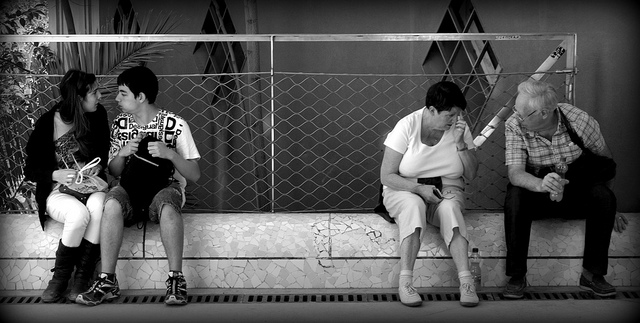
8) Bitter Twitter
Political discussions on Twitter during elections are dominated by those with extreme views according to research by Pablo Barberá and Gonzalo Rivero. Find out more here.
9) “None of the Above”, please
Voters had mixed views on which measures they’d support in order to increase political engagement, but found adding a ‘None of the Above’ option to the ballot paper most appealing. Find out more here.
10) The Replacements: All Shook Down
The voting machines that so famously acted up at the 2000 US Presidential Election in Florida were replaced by new equipment that itself now needs replacing, lest another election be stolen end in controversial circumstances. Find out more here.
11) Things only got better
The main UK political parties’ websites have changed somewhat since their mid-1990s launch. Find out more here.
12) Sacred duty
Regular church attendance is strongly associated with a higher probability of voting, according to research by Alan A. Gerber, Jonathan Gruber, and Daniel M. Hungerman. Find out more here (£).
13) Guardians of process
The Guardian practices a form of industrial democracy whereby the staff vote guarantees a place on the final shortlist. Find out more here.
14) Detoxification
If you want to fund the Conservative Party, you can do so by lavishing thousands of pounds on a small bronze statue of Margaret Thatcher, a trip to Mallorca, a Subaru Outback AWD, a shoe shopping trip with the Home Secretary, a JCB digger, or pheasant shooting for eight people (with a 500 kill limit). Find out more here.
15) Glass cabinet
The presence of more parties in a governing cabinet can encourage greater transparency, according to research by Gregory Michener. Find out more here.
16) Lacking integrity
During 2014, the five worst elections worldwide in terms of integrity were in Egypt, Mozambique, Afghanistan, Bahrain and Syria, according to Pippa Norris. Find out more here.
17) Final salary scheme
MPs should be paid based on their previous salary – no matter how high or low that may be – at least according to Julia Hartley-Brewer in the New Statesman. Find out more here.
18) House of Conmen
The House of Commons is the most vulnerable to lobbying of any of the UK’s legislatures, according to a new Transparency International report. Find out more here.
19) (Don’t) Act of Parliament
There has been a substantial drop in EU legislative output since 2010, according to Olivier Rozenberg. Find out more here.
20) Makeunder
David Cameron’s wardrobe has changed in some subtle ways since 2007. According to a BBC reporter this is significant (though closer scrutiny does not necessarily bear this out). Find out more here.
—
Note: this post represents the views of the author, and not those of Democratic Audit or the LSE. Please read our comments policy before posting.
—
 Sean Kippin is Managing Editor of Democratic Audit. He received a Degree in Politics from the University of Northumbria in 2008, and an MSc in Political Theory from the London School of Economics in 2011. From 2008 to 2012 he worked for the Rt Hon Nick Brown MP in Newcastle and in the House of Commons, and for Alex Cunningham MP. He has also worked at the Smith Institute think tank, and as an intern for the Co-operative Party. He has been at Democratic Audit since June 2013, and can be found on twitter at @se_kip.
Sean Kippin is Managing Editor of Democratic Audit. He received a Degree in Politics from the University of Northumbria in 2008, and an MSc in Political Theory from the London School of Economics in 2011. From 2008 to 2012 he worked for the Rt Hon Nick Brown MP in Newcastle and in the House of Commons, and for Alex Cunningham MP. He has also worked at the Smith Institute think tank, and as an intern for the Co-operative Party. He has been at Democratic Audit since June 2013, and can be found on twitter at @se_kip.
—
Photo credits: 1) Fantake, CC BY 2.0; 2) Leo Reynolds, CC BY NC SA 2.0; 3) John Jones, CC BY NC SA 2.0; 4) April, CC BY NC SA 2.0 5) Chris Kealy, CC BY NC SA 2.0; 6) Kyoshi Masamune, CC BY NC 2.0; 7) Rising Damp, CC BY 2.0; 8) Garrett Heath, CC BY 2.0; 9) CGP Grey, CC BY 2.0; 10) Chrystl, CC BY NC 2.0; 11) visitmanchester, CC BY NC SA 2.0; 12) Jessamyn West, CC BY NC SA 2.0; 13) gigijn, CC BY SA 2.0; 14) nottsexminer, CC BY SA 2.0; 15) Mahdi Abdulrazak, CC BY NC SA 2.0; 16) Danny Fiam, CC BY SA 2.0; 17) Bea Represa, CC BY 2.0; 18) Truthout.org, CC BY NC SA 2.0; 19) Michael Sanger, CC BY NC SA 2.0; 20) Tim Bunce, CC BY 2.0





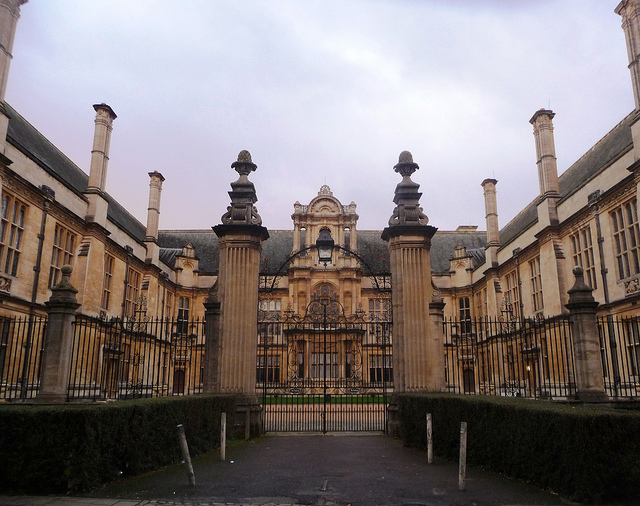
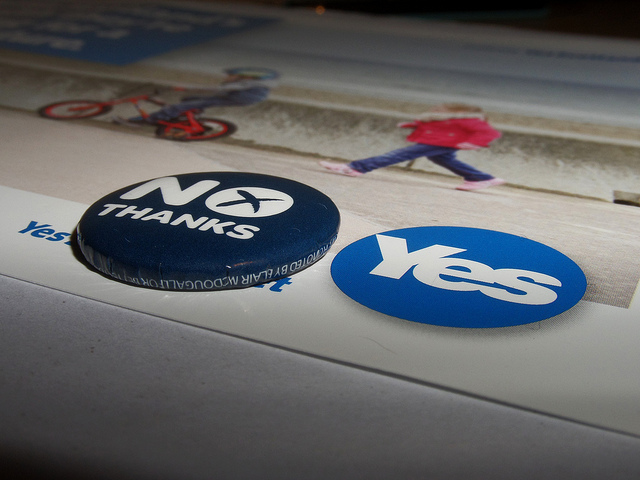





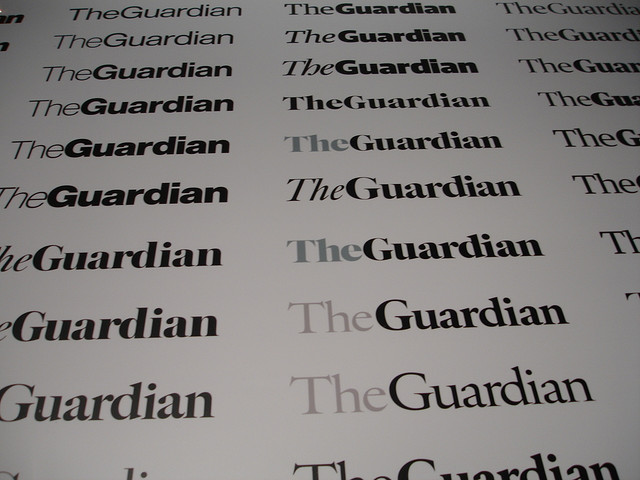

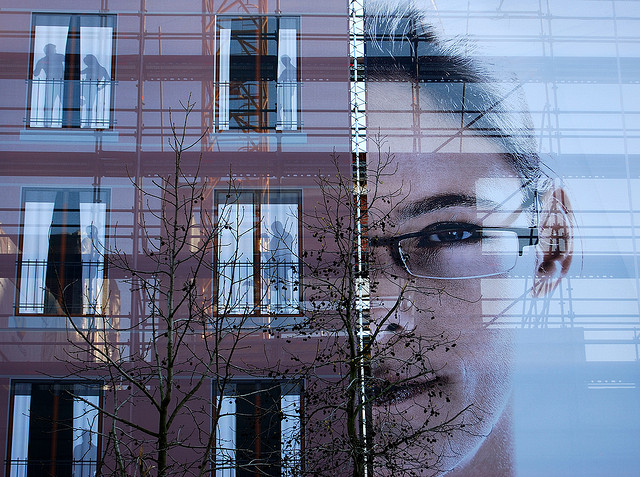
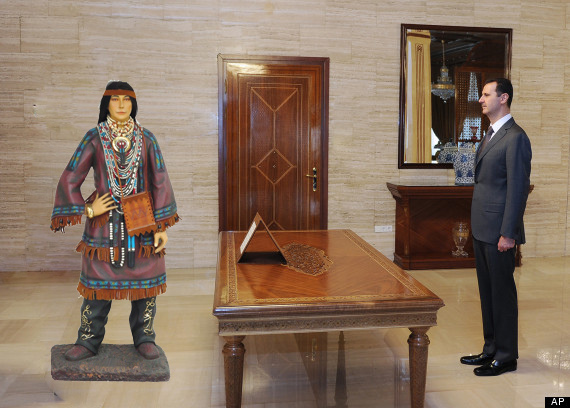
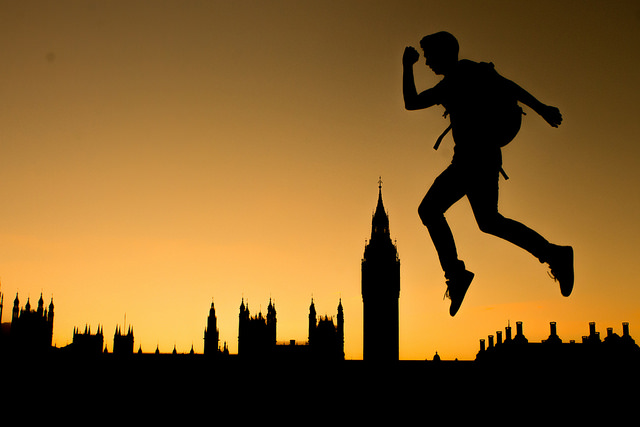

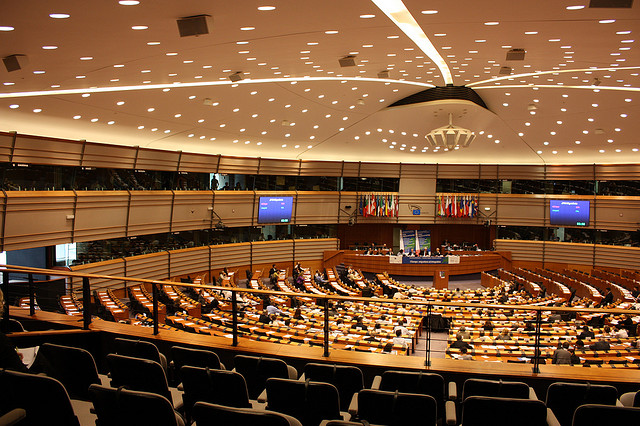





 Democratic Audit's core funding is provided by the Joseph Rowntree Charitable Trust. Additional funding is provided by the London School of Economics.
Democratic Audit's core funding is provided by the Joseph Rowntree Charitable Trust. Additional funding is provided by the London School of Economics.
Twenty things we learned about democracy in February https://t.co/cEU4B3ggxS
20 things we learned about democracy in February 2015 (by me) https://t.co/5FTuE0EXPW
20 things we learned about democracy in February 2015 https://t.co/WjHA4IcEiy https://t.co/7yd4YvLPJD
What did we learn about democracy in February? @se_kip has the answer… https://t.co/SeUiPHQnWb
I wrote some nonsense and finessed it with some nonsensical headings. Enjoy! https://t.co/MPvACKWTnH
For the short month that February is, quite a lot has been leanrt about democracy in these 28 (hmm 27 so far) days: https://t.co/XzOwoRxRQX
20 things we learned about democracy in February 2015 https://t.co/s0RZ3Mckyt